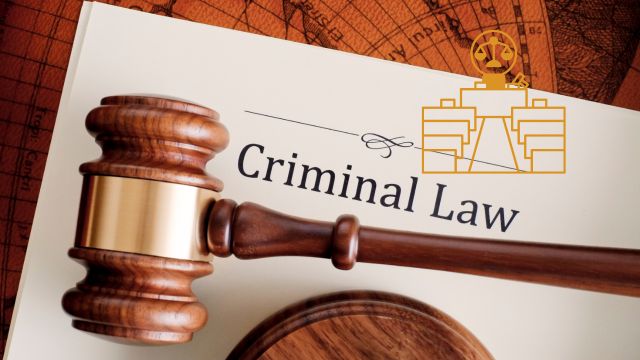Private, public and criminal law: conceptual distinctions
Criminal law is a type of public law, because it deals with offences against society as a whole rather than only against an individual. Murder, theft and assault are not just violations of a person’s rights, they threaten public order. The state prosecutes crimes and punishes those found guilty. By contrast, civil law concerns disputes between private parties. In criminal prosecutions the public authority represents the community’s interests and seeks to enforce the law and do justice.
Examples of public functions
The function of criminal law is to protect the community by regulating behaviour that is harmful, dangerous or disruptive. It does this by prohibiting and punishing criminal conduct. Key functions include:
- Deterrence: discouraging criminal behaviour by the prospect of punishment.
- Retribution: holding offenders to account with penalties proportionate to the seriousness of the offence.
- Rehabilitation: helping offenders address issues such as addiction or mental health and reintegrate into society.
- Protection: removing dangerous offenders from the community to protect public safety.
- Restoration: repairing harm, for example through restitution orders or community service.
Private law and criminal law
Private and criminal law serve different purposes. Private law governs relationships between individuals or entities, such as contract, property, competition and family law. It aims to resolve disputes fairly and enforceably. Criminal law addresses offences against the community, prohibiting and punishing conduct such as murder, theft and assault. Criminal cases are brought by the state to protect society by punishing offenders and deterring others.
Overlap between criminal law and private law
Although distinct, the two areas can overlap:
- Criminal acts with civil liability: an assault or theft may lead to both prosecution and a civil claim for damages such as medical costs or lost income.
- Criminal law enforcing private rights: breaching a court order (for example, a restraining order) can amount to a criminal offence such as contempt. Fraud may arise from private dealings but attract criminal charges.
- Criminal outcomes affecting civil cases: a conviction can impact related civil proceedings and may be relied on as evidence of liability.
- Private law affecting criminal cases: civil litigation may engage privileges (such as the privilege against self-incrimination) that have consequences for any related criminal matter.
What is the difference between public law and private law?
Public law
Public law concerns the relationship between government and citizens and between branches of government. It includes constitutional law, administrative law and criminal law. Constitutional law sets the framework of government, administrative law governs decisions of agencies, and criminal law prohibits and punishes conduct harmful to the community.
Private law
Private (civil) law concerns relationships between private individuals or entities. It includes contract, property and tort. Contract law governs agreements, property law regulates ownership and use, and tort addresses civil wrongs such as negligence and intentional harm.
Key differences
Subject matter
Public law regulates government–citizen relationships and protects the public interest and the rule of law. Private law regulates relationships between private parties and protects individual rights and interests.
Source of law
Public law is created chiefly by legislation, regulations and court decisions. Private law arises from contracts, common law and other private arrangements, alongside legislation.
In short, public and private law are distinct but sometimes intersect. Understanding their roles helps clarify which pathway applies to your matter. For advice, contact Jameson Law or learn more about our criminal law services and civil law services.













